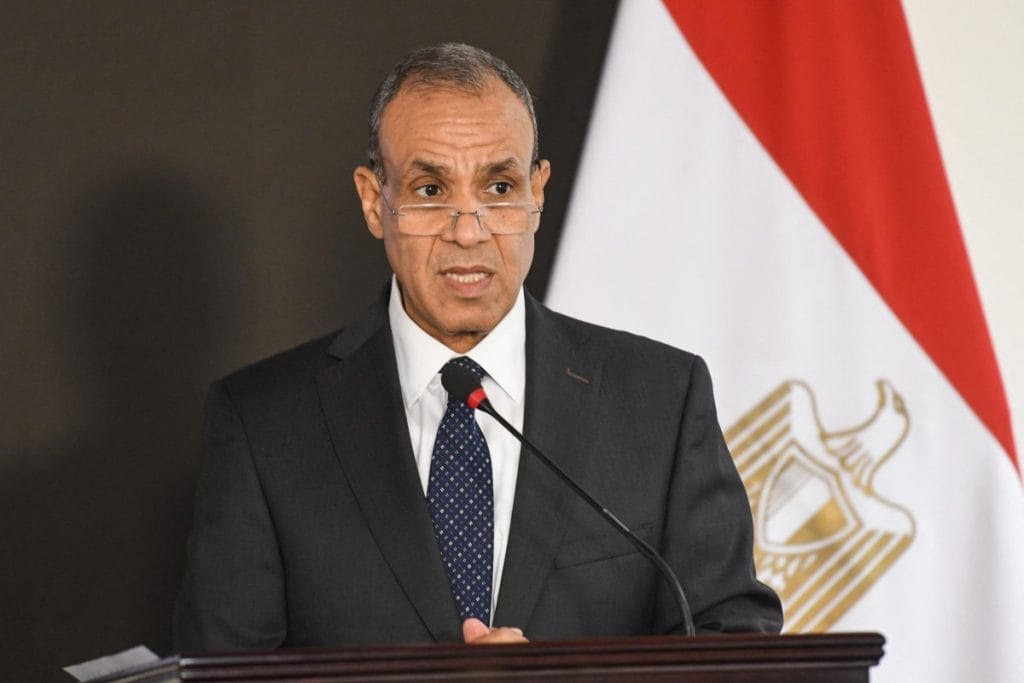Egypt dismisses Ethiopia’s “unilateral policies” on the Gerd project, which claims they jeopardize regional stability.
Egypt, which views Ethiopia’s construction of a massive Nile dam as a threat to its essential share of the river’s waters, announced on Sunday that it has written to the UN Security Council to express its disapproval of what it refers to as Ethiopia’s unilateral activities.
Foreign Minister Badr Abdel Atty’s letter stated that Cairo opposes Ethiopia’s plans to proceed with dam building and reservoir filling without first discussing Egypt downstream. It further stated that Addis Ababa’s stance jeopardizes the stability of the region.
For 13 years, Egypt and Ethiopia have engaged in sincere negotiations. After it became evident to all that Addis Ababa wanted the negotiations to carry on indefinitely as a cover while it produced a de facto scenario on the ground, the talks were terminated, the statement read.
Regarding Ethiopia’s handling of the issue with Cairo over the Grand Ethiopian Renaissance Dam, the Egyptian letter does not bring anything new to the table (Gerd). But because it occurs at a time when tensions between the two countries are growing, it has additional significance.
When Egypt sent troops, military equipment, and weapons to Somalia last week to support the country’s defenses, Ethiopia became extremely enraged.
Egypt and Somalia have developed stronger ties since they became landlocked. This year, Ethiopia and the breakaway province of Somaliland inked a preliminary agreement to lease coastal property in exchange for Somaliland’s potential recognition as an independent nation.
Declaring that the agreement was an affront to its sovereignty, Somalia threatened to thwart it at any costs. If the agreement is not canceled, it has also threatened to withdraw the approximately 10,000 Ethiopian soldiers who are now fighting Al Shabab insurgents as part of a peacekeeping operation. According to reports, Egypt intends to apply to join a new peacekeeping mission in Somalia through the African Union.
With a population of 106 million, Egypt is mostly a desert nation, and nearly all of its freshwater demands are met by the Nile. Said to be among the driest countries on Earth, it asserts that if its portion of the Nile waters were to be reduced, the delicate food balance would be disrupted and hundreds of thousands of agricultural employment would be lost.
Ethiopia claims the dam is vital to its growth and has given downstream neighbors Egypt and Sudan several assurances that the Gerd, which is being built on the Blue Nile, won’t hurt them.
The Blue Nile, which merges with the White Nile in Khartoum, the capital of Sudan, provides most of the river’s water that flows into Egypt and Sudan’s deserts.
Egypt informed the Security Council in a letter on Sunday that “the illegal Ethiopian policies will have negative and grave consequences for downstream Egypt and Sudan.” “Egypt will keep a close eye on developments and be ready to take all necessary actions to defend its existence and the interests of its people in accordance with the UN charter.”


